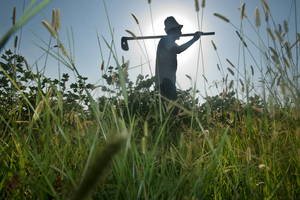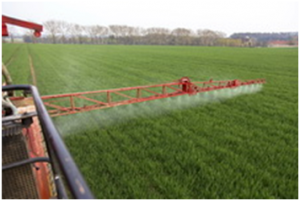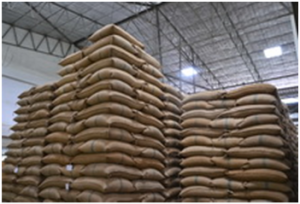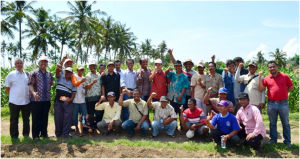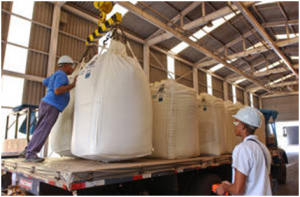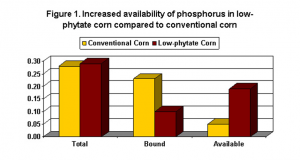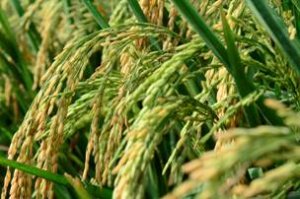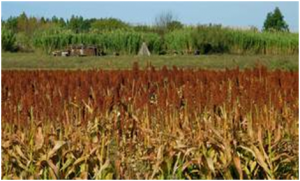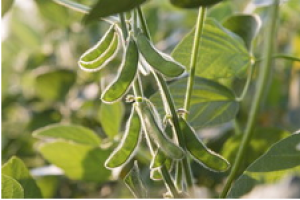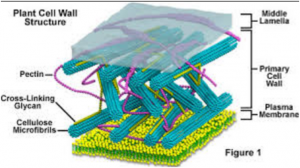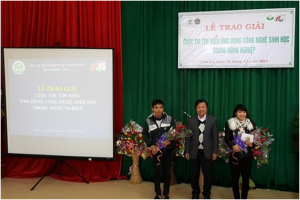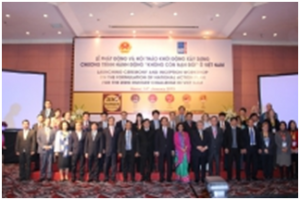|
The royal society report says uk public cautiously optimistic about genetic technologies
Thursday, 2018/04/12 | 07:57:54
|
|
The UK public is cautiously optimistic about the use of technologies such as DNA sequencing, gene therapy and genome editing to help tackle global challenges like improving human health, reducing inequality and responding to the impacts of climate change. The Royal Society commissioned a public dialogue to explore UK views on genetic technologies applied to people, plants, and animals, and to probe some of the dilemmas and debates around their use.
In a survey of 2,061 people, 46% indicated that they agreed with the statement that ‘genome editing in general carries too many risks to be used to tackle global challenges', and the public is very positive about its use in specific areas such as human health. There is support for using genome editing in plants to produce cheaper medicines (69%), make crops more nutritious as a way of supplementing poor diets (70%), and to prevent crop damage, for example by fungal diseases (77%).
There is also support for the use of genome editing in animals to prevent or cure human disease. For example, 71% of survey participants approve of using genetically modified mosquitoes to limit the spread of malaria.
About 43% of survey respondents ranked university academics, scientists and researchers as the most trustworthy to provide information and advice about genetic technologies. This view was backed up by participants in the survey's accompanying workshops, who saw this group as having greater impartiality. Businesses working on or funding research on genetic technologies ranked as the second most trusted (16%), closely followed by government bodies/policy makers (14%), and regulatory organizations (12%).
For more, read the news article in The Royal Society website. |
|
|
|
[ Other News ]___________________________________________________
|


 Curently online :
Curently online :
 Total visitors :
Total visitors :

